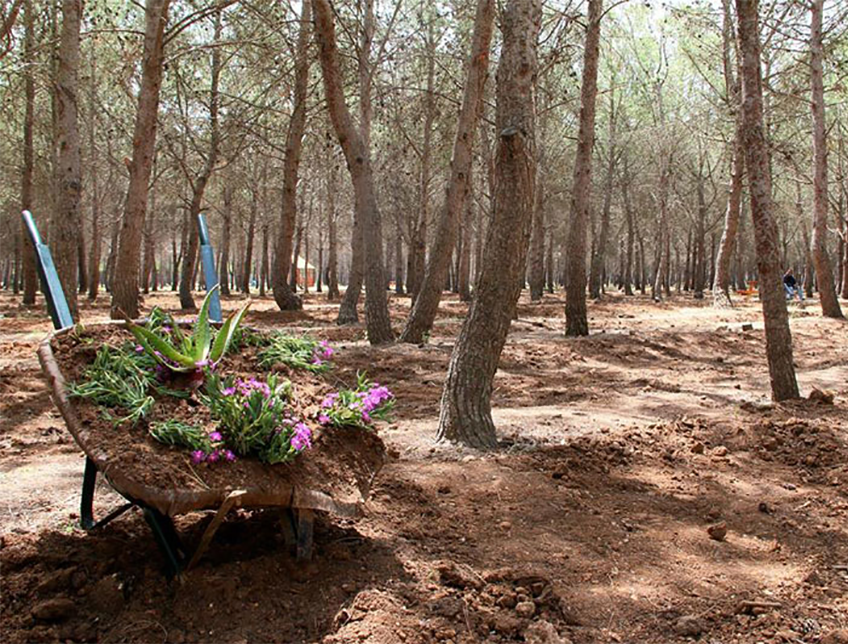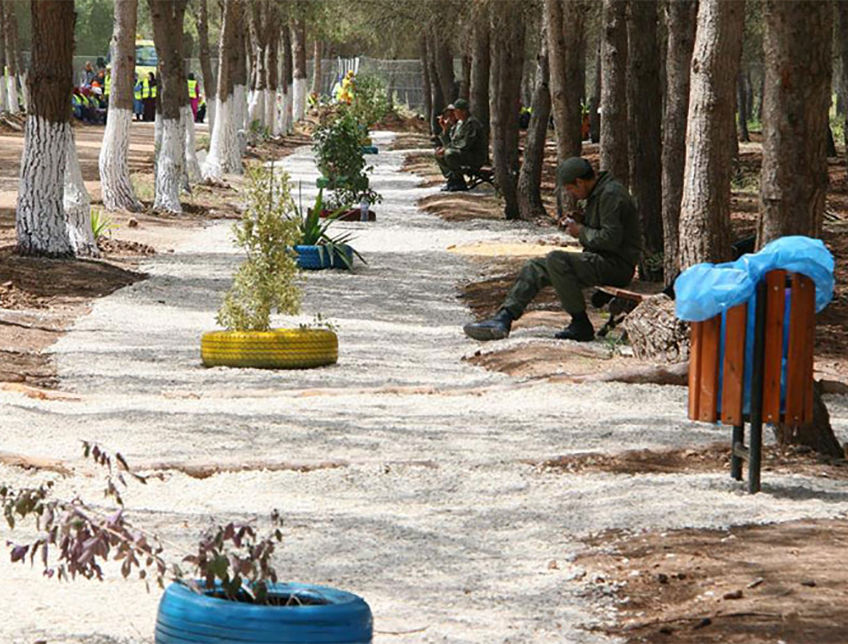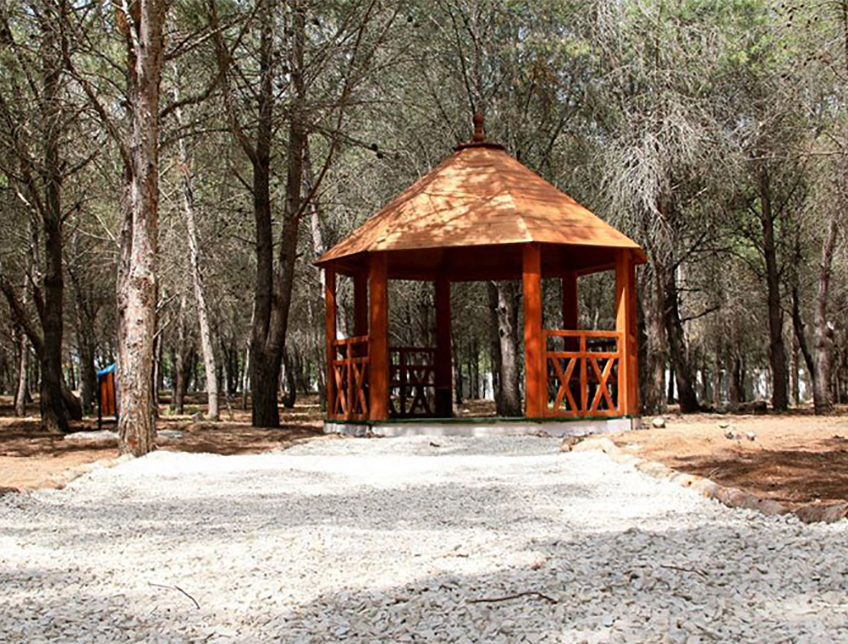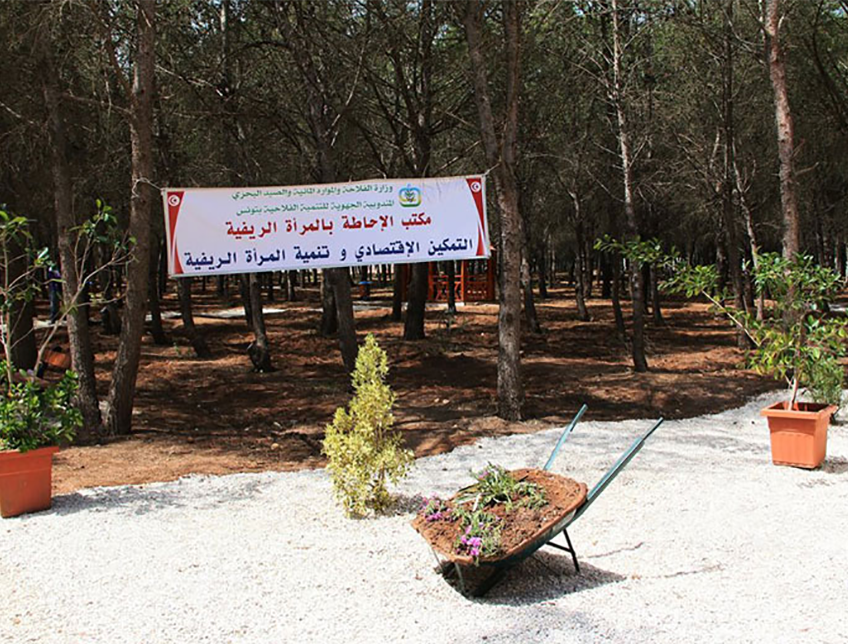
Close

Approach Words: Capacity Building, Sustainability, Urban Livability
Public Policy Instruments: Communicative, Physical Intervention, Planning
Al Agba Forest is the first urban forest for recreation in Tunis City,1 located in El Agba area within the El Hraïria Delegation2 3 of Tunis Governorate.4 The initiative involves planting 0.03 square kilometers in this growing area of Tunis,5 benefiting four delegations with approximately 300,000 residents.6 The project is part of the National Forest Conservation Program,i a strategy led by the Tunisian authorities7 to preserve the country’s forest wealth.8 The project has two main objectives, including the following:

Title: Al Agba Urban Forest.
Source: Click Here

Title: The Wellness Trail of the Forest.
Source: Click Here

Title: The Eco-Friendly Cabins in the Forest.
Source: Click Here

Title: Sales point for local products by rural women.
Source: Click Here
The forest is designed to provide visitors and residents alike with recreational, social, economic and health activities,15 without cafes, restaurants or commercial premises to preserve the natural character of the forest.16 Instead, it serves as a place for outdoor activities such as strolling, relaxing, and organizing picnics.17 Specifically, the project includes the following components:
The project adopts a participatory approach to empower residents, especially women, by selling their local products as part of the solidarity economy initiative and engaging them in protecting the forest.24 Consultations will be conducted with all involved stakeholders and civil society to identify the best techniques for managing and maintaining the forest.25

Contractor/Implementer
Regional Commission for Agricultural Development in Tunis (CRDA)
Regarding environmental sustainability, eco-friendly cabins and other facilities rely significantly on renewable energy from solar panels.26 Moreover, the forest plantation will enhance the resilience and quality of watersheds and water reservoirs by preventing erosion, limiting evapotranspiration, and filtering pollutants.27
The project was initiated by the Forestry Department of the Regional Commission for Agricultural Development in Tunis (CRDA).28 It was inaugurated in 2019 by the Minister of Agriculture, Water Resources, and Fisheries.29 The project cost exceeds $64,000 and is funded by the Regional Commission for Agricultural Development (CRDA).30
Project Link
Endnotes
References